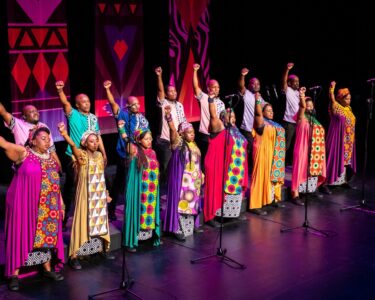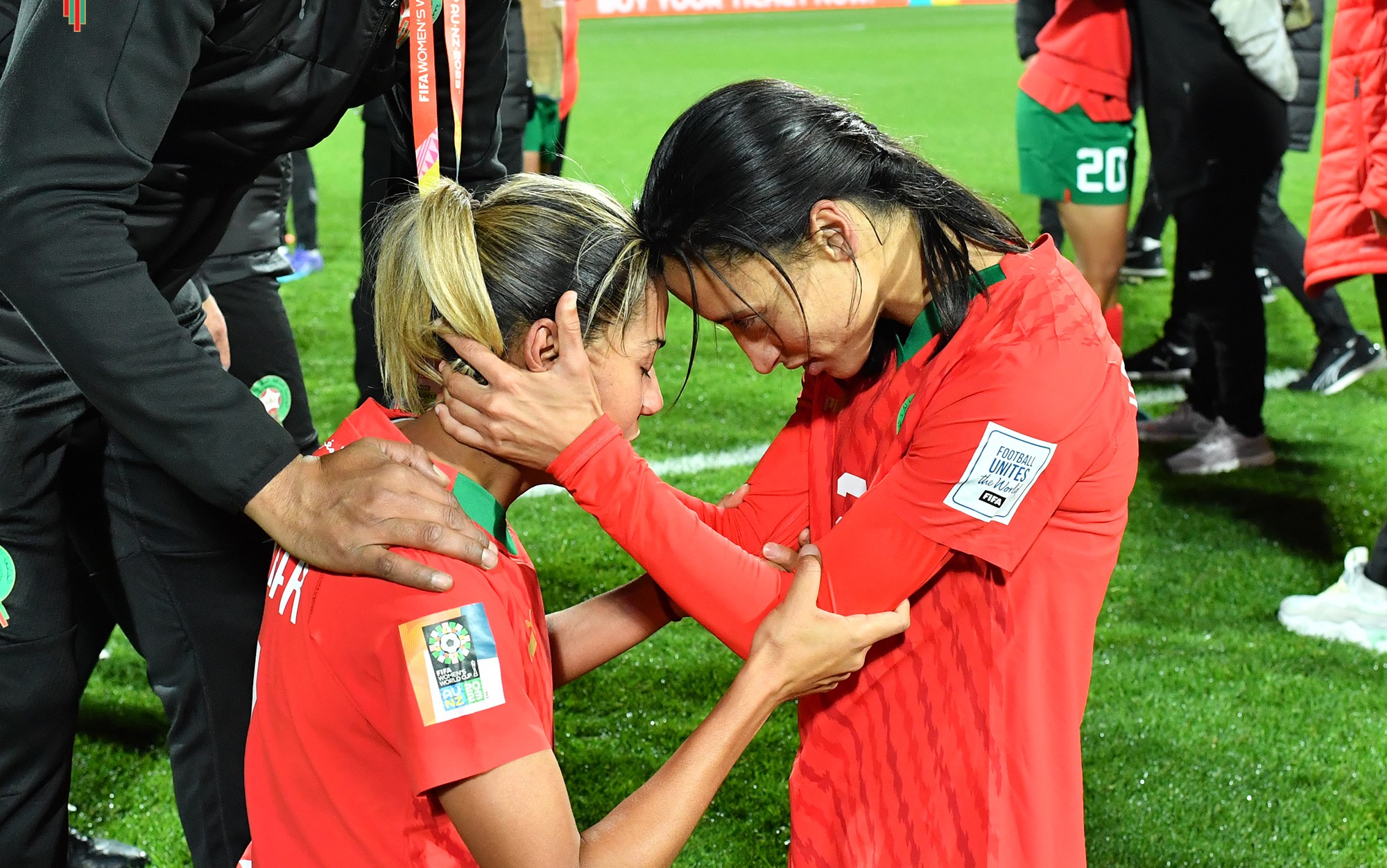
Eight African teams have contested the FIFA Women’s World Cup across its nine editions, with a combined 20 appearances between them, from 1991 to 2023. Of those eight, Nigeria are the only team to play in all nine, their best-ever finish coming in 1999, when, after qualifying from the group and there being a lack of a round-of-16 due to fewer participants, the perennial African champions landed directly in the quarter-final.
Nigeria came within minutes of reaching the semi-final, too. But, despite battling back to level the score after falling 3-0 behind against a rampant Brazil side, they lost to an extra-time golden goal by Sissi, whose sensational free-kick winner bumped the Nigerian fightback off the headlines the subsequent day.
Between 1999 and 2015, African women’s football seemed to have come to a standstill: two teams would qualify to play at the quadrennial FIFA Women’s World Cup, and both would return home after the first round. But, recent editions have witnessed gradual improvements from the Confederation of African Football as a whole and the teams that have gone on to represent it in the international tournament.
When the World Cup groups were drawn, a typical malaise set in around the hopes of the African sides at the tournament. All four of the teams had such low FIFA world rankings — Nigeria (40), South Africa (54), Morocco (72) and Zambia (77) — that they were each drawn into groups beset with European and North American powerhouses.
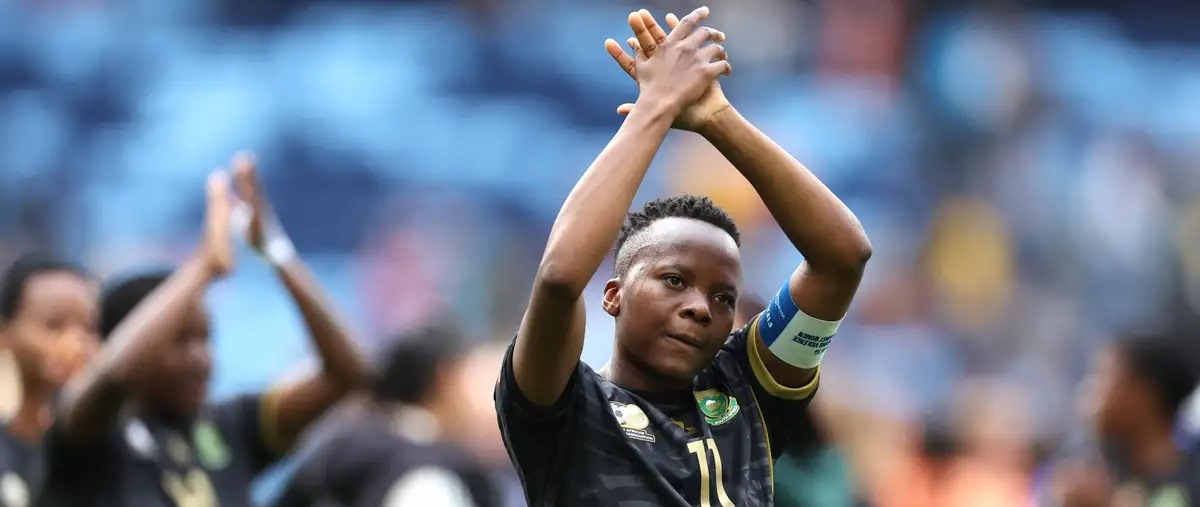
Further obstacles were laid in front of the players from all four countries as fights with their federations over equal pay, treatment, and in Zambia’s case, accusations of sexual abuse from their head coach Bruce Mwape, blighted their build up to the tournament.
Yet, on the pitch, African players showed themselves to be athletes possessing immense talent, skill, and in many cases, untapped potential.
The increased number of slots available to CAF at the Women’s FIFA World Cup, going from two to three in 2015 and four in 2023, has corresponded with more teams entering the qualification process. With several African nations now possessing a distinct women’s football programme, the number of participants in the qualifiers has swelled from eight for the first two editions to 45 in 2023. Four of those 45 — Nigeria, Zambia, South Africa, and Morocco — qualified directly by reaching the 2022 Women’s Africa Cup of Nations semi-finals, while two — Cameroon and Senegal — fell in the inter-confederation playoff tournament.
The 2023 FIFA Women’s World Cup was a landmark moment for African women’s football; for the first time since its inception in 1991, all contesting African teams won at least one match and three qualified for the knockouts.
Morocco beat Korea Republic and Colombia by identical 1-0 scorelines in the first round, progressing to the round-of-16 on their debut. Nigeria emerged on the right side of a five-goal thriller against hosts Australia in one of the tournament’s most exciting games and finished the group stage unbeaten. South Africa dramatically beat Italy in the final minutes of their last group match and leapfrogged them into the knockouts. Zambia, though already eliminated by then, beat Costa Rica 3-1 ahead of their return to Africa.
The three African teams that qualified for the round-of-16 surpassed a record set in 2019 when two of the three appearing sides — Nigeria and Cameroon — made it to the knockouts. Nigeria became the second team after Cameroon to progress to the second stage in successive editions, with Morocco and South Africa joining the Super Falcons in the business end.
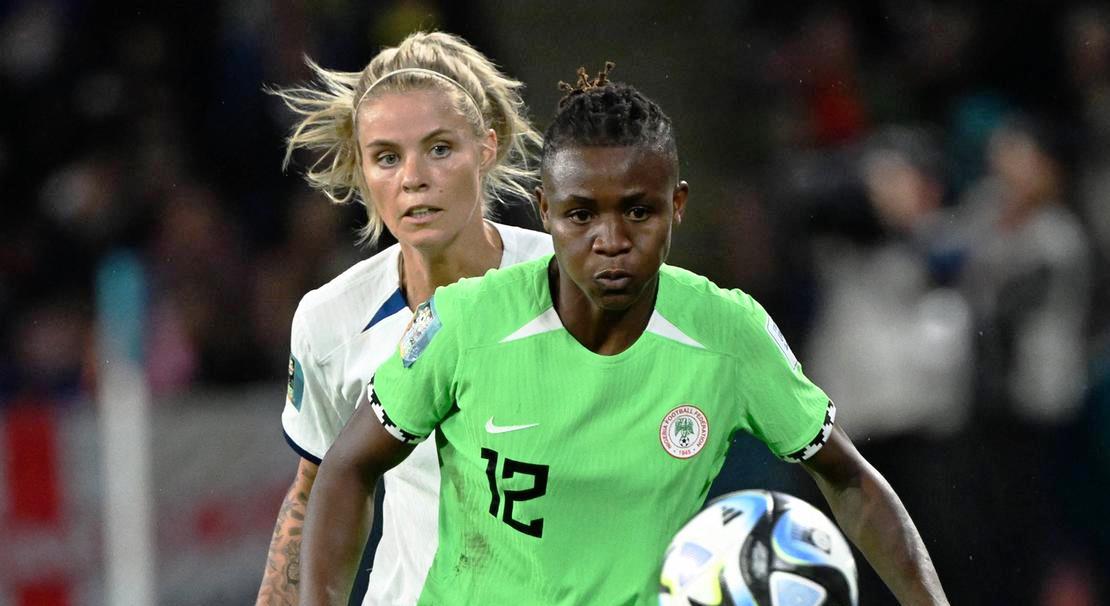
Nigeria finished unbeaten in the groups, recording stalemates with 2020 Olympic Games women’s football tournament gold medallists Canada and the Republic of Ireland on either side of the memorable win over Australia. They can argue, perhaps due to the nature of their elimination in the next round, that they even finished the tournament unbeaten, with England needing penalties to defeat them after a scoreless draw. Their outing earned the 9-time African champions a 10th-place finish in the tournament ranking, ahead of football giants Germany, Brazil, Italy, Canada, Portugal, and Argentina.
South Africa’s second participation in the FIFA Women’s World Cup resulted in three thrilling group games, with the Banyana Banyana, rightly or wrongly, acting as the protagonists in each. They lost to Sweden in the final minutes of their opening match after keeping them at bay for as long as possible before throwing away a two-goal lead in their subsequent game against Argentina. Their best result, however, came in round three, when they beat Italy 3-2 in an end-to-end tie, with the winner coming in the second minute of stoppage time, taking their place in the knockouts.
For Zambia there was no fairy tale ending, but they did secure their first-ever World Cup victory when they swatted aside Costa Rica in their final group match in Hamilton.
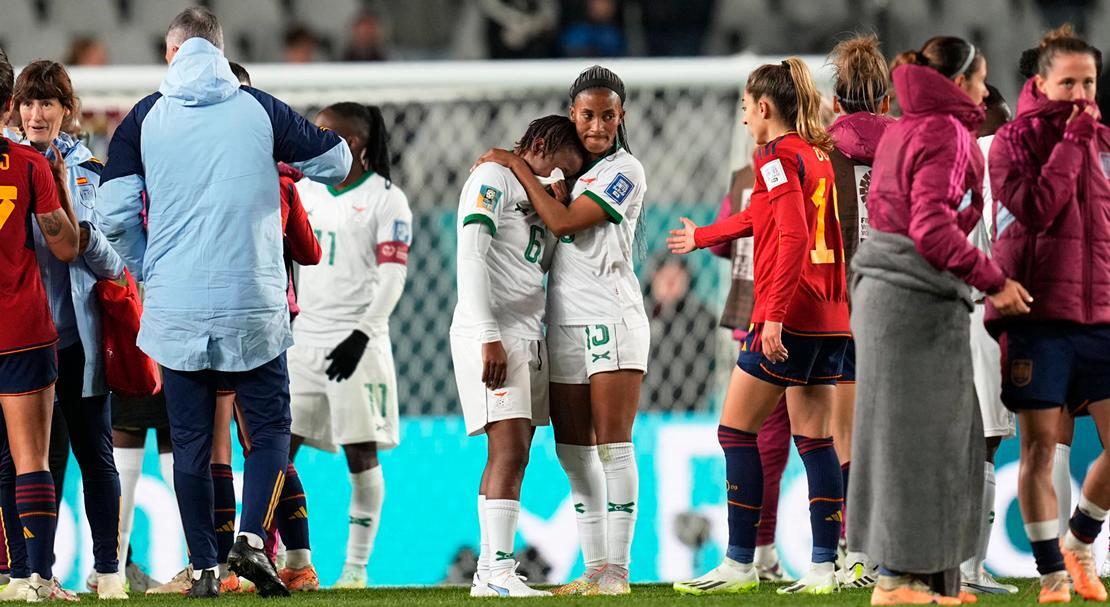
On the eve of the tournament, reports emerged that coach Bruce Mwape has been under investigation by FIFA over sexual abuse claims from his players and a further allegation was lodged at the end of the group stage claiming the head coach had inappropriately touched one of his players during the tournament.
Fans from various African countries traveled to both Hamilton and Auckland to support the Zambian side but were dismayed upon learning of the accusations. Despite all that, supporters in the stands felt it all the more important to be vocal and vibrant in their encouragement for the players in light of such allegations.
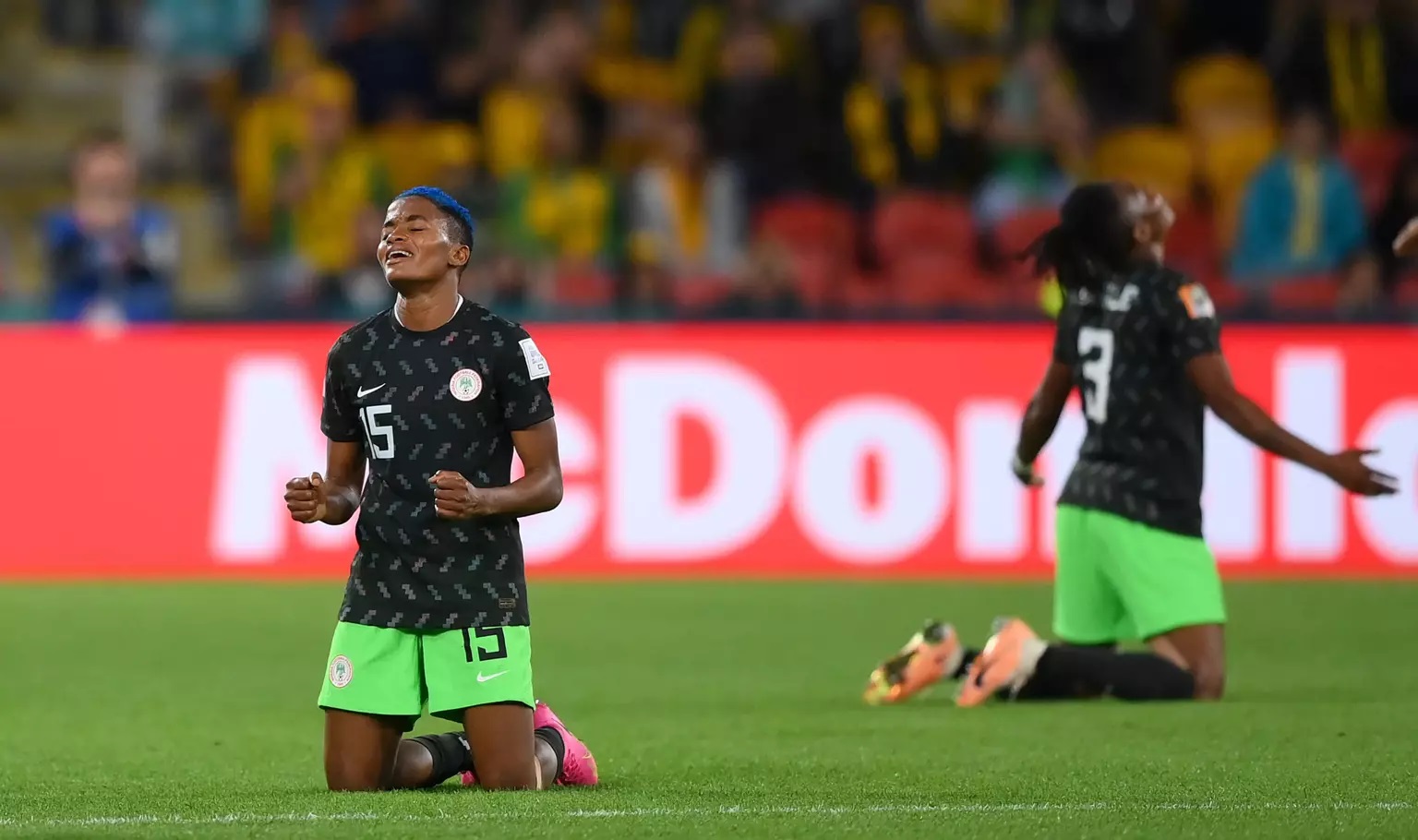
Debutants Morocco started the tournament with a 6-0 hammering by Germany but possessed the mental fortitude required to bounce back immediately. They did so with 1-0 wins over Korea Republic and Colombia before losing to France in the round-of-16. The Moroccan women team showed that their place is anywhere but the kitchen
“Go back to your kitchen!” was a cry far too familiar to the 23-strong Moroccan squad that traveled to Australia and New Zealand.
Despite the historic World Cup run the Arab country saw its men’s side enjoy in Qatar, the same enthusiasm for the women’s team just seven months later was sorely lacking.
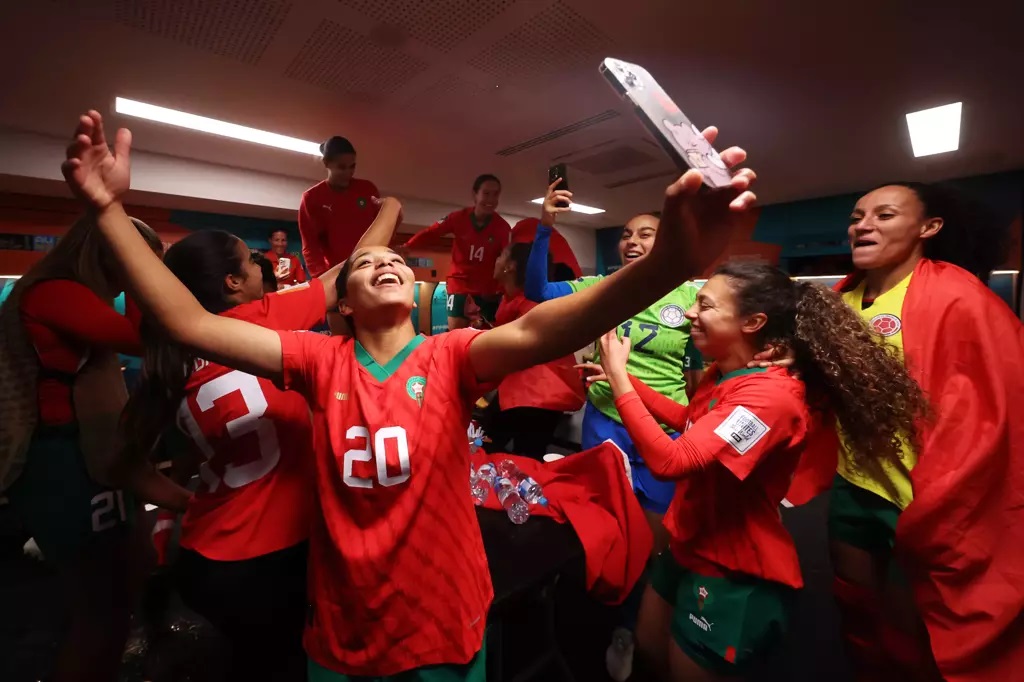
It was a notable discord given the support the women’s side had received when they reached the Women’s Africa Cup of Nations (WAFCON) final as hosts in 2022.
But, the Atlas Lionesses put all the noise from home aside to ensure their own slice of history was just as impressive and visible on the world stage.
At their first-ever World Cup, they achieved major milestones; winning their maiden match, seeing Nouhaila Benzina become the first player to take the field at the tournament wearing a hijab, and advancing to the knockout stages at the expense of Germany with a 1-0 victory over Colombia.
Despite no African team reaching the quarter-final, the bar is set for future excursions. With more and more teams participating in continental and international cups, one can believe that it is only a matter of time before they will shatter the glass ceiling and join the world’s elite.


